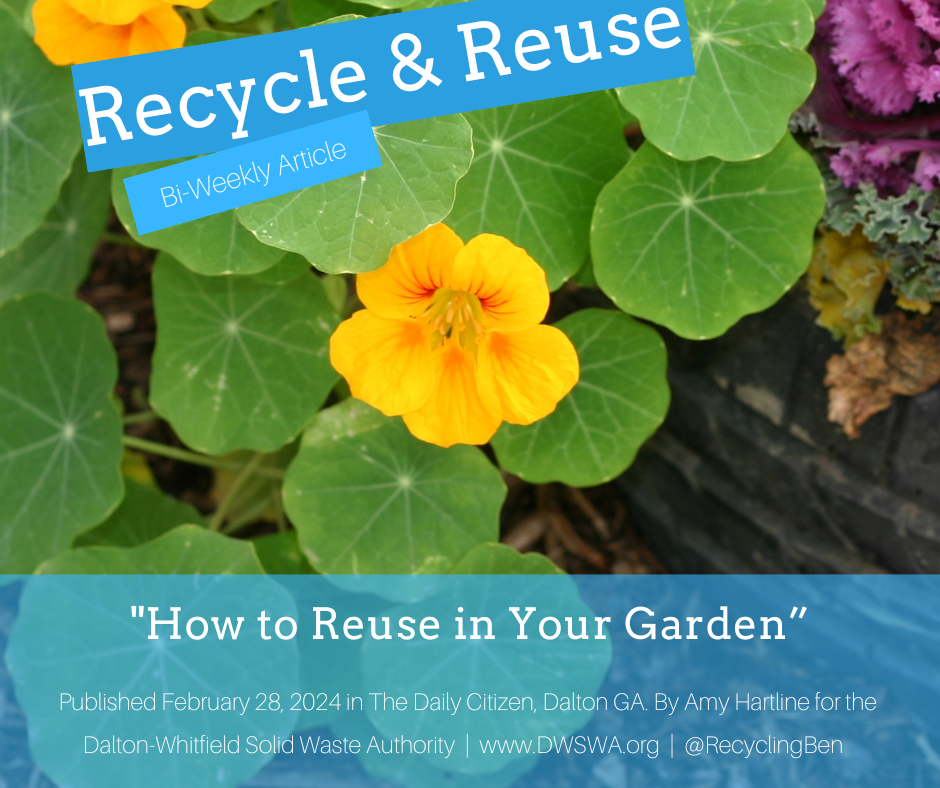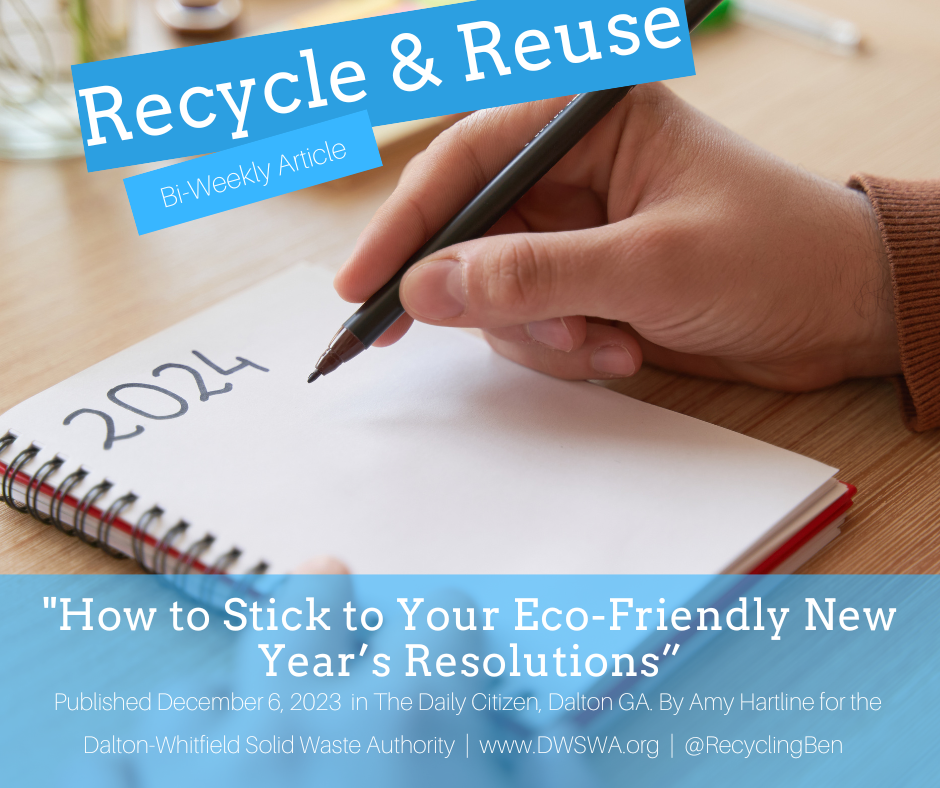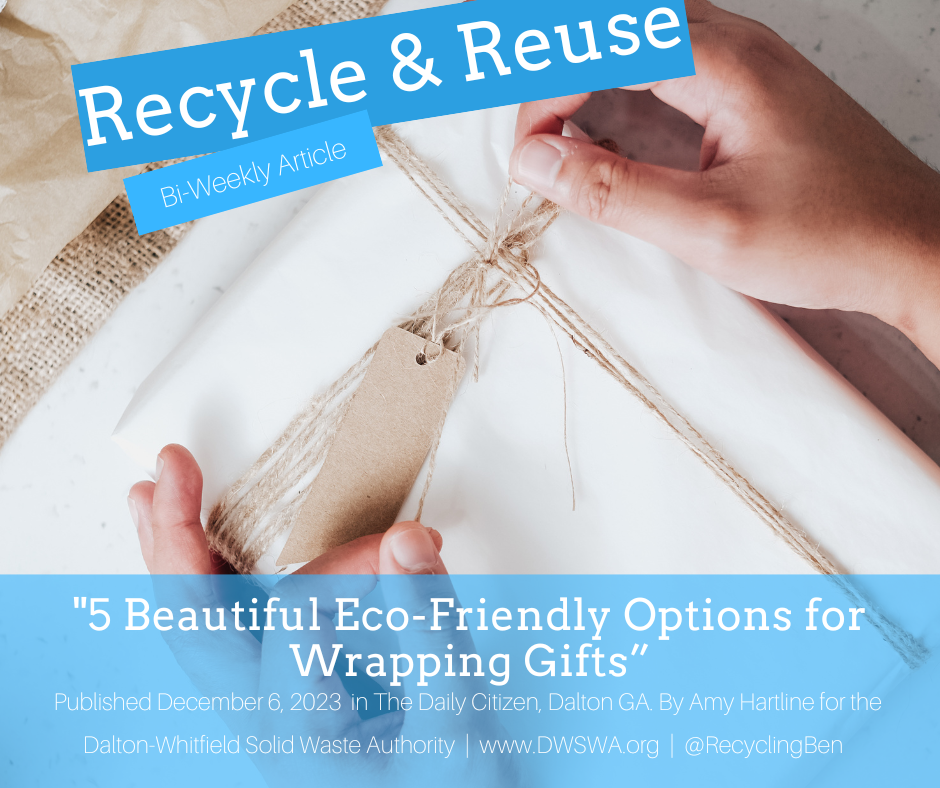Join In on Trashing a Pizza
/Do you know how much of what you throw is made of paper? Use this fun activity idea to investigate!
This Saturday, kids will be chomping down on real pizza and will “trash a pizza” to learn how much we are sending to the landfill in America and how much can be recycled. We can all learn from this activity even if you can’t make it this Saturday though so that we can reduce our waste.
Municipal solid waste (MSW), also called trash, garbage, or rubbish, is created by all of us each day so learning how it should be managed it critical preserving landfill space. In 2018, America generated 292.4 million tons of MSW according to the U.S. Environmental Protection Agency.
You might have some idea of where this all goes. Items like paper, cans, and cardboard head to the recycling center to be sorted out and shipped while other items end up in the landfill. But determining how much of everything there is and where it comes from can be a little more complicated. That’s where creating a “Trash Pizza” can help.
The activity starts by creating two “pizzas” that are actually clay shaped into a pizza form and painted to look like pizza. On top of one of the pizzas we put all our garbage pieces that include things like paper scraps, fabric, plastic wrappers, and more around the whole pizza. This is what we look at first together and try to figure out how much there is of each type, but it can be pretty confusing. Our second “pizza” has each piece sorted out so that we can see what we use that creates the most weight. Do you have any guesses to how much there is of each item in our waste stream?
Right off the bat when looking at the sorted “Trash Pizza” we see the two biggest pieces. First, is food waste which makes up 21.59% of pie. This includes what is thrown away by corporations and our own leftover or expired food we throw out. Most of our food waste can be recycled through individual composters or cut down with careful planning and proper food storage. Some items like milk, meat, and cheese can be more difficult to keep and cannot be composted however.
The largest piece is still paper. While paper used to be 29% about seven years ago, it is now only 23.05% most likely because the rise of technology has replaced many paper products. The great news about paper still being the largest piece of our waste stream though is that it is easy to recycle. If you have paper that may be recyclable, but aren’t sure, use the tear test. If the item can easily tear it is most likely recyclable and you can throw it in the bin.
You may be able to guess the third largest piece because it is the one currently most talked about. Plastics make up 12.20% of our waste stream. In Whitfield, we recycle bottles and jugs which makes up most of the plastics of household use by weight, but that will leave you with plastic bags, wrappers, and takeaway containers most likely. Plastic bags can be taken to most grocery stores to be recycled and that leaves us with wrappers and takeaway containers as our biggest waste source. The best thing we can do is limit our usage of these things where we can and when we can’t I recommend choosing brands that fit into one of Terracycle’s national programs. You can find what items are a fit with their programs at https://www.terracycle.com/en-US/brigades and then can mail them your items to be recycled for free.
Learning about all the components of our MSW stream helps people in the waste industry find what areas need to be focused on and lets residents get a better idea of how they can help create a cleaner planet. If you have a student that wants to learn more, have them join me this Saturday, July 24th, at 12:00 p.m. at the Mack Gaston Community Center. You can register on Facebook or at https://bit.ly/3hQivoB. Call 706-278-5001 or email hellorecyclingben@gmail.com with any questions or comments.
Amy Hartline is the recycling and education program coordinator for the Dalton-Whitfield Solid Waste Authority. Have a recycling question? Contact her at (706) 278-5001 or ahartline@dwswa.org.
































